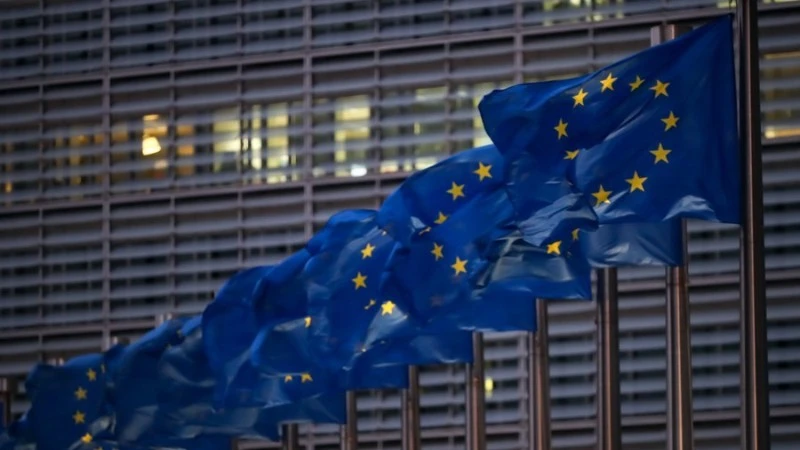Amid a host of challenges, the Blue Flag Alliance faces mounting pressure to reaffirm its leadership in the global battle against climate change.
For decades, the EU has proudly considered itself a frontrunner in efforts to protect the planet. Its Emissions Trading System, the European Green Deal, and achievements in renewable energy development stand as vivid examples of its leadership in the global green transition. With tireless efforts, the EU has cut its emissions by 37% compared to 1990 levels and remains the world’s largest contributor to climate finance, providing 31.7 billion EUR in 2024. Yet, the EU’s “green journey” now faces rising headwinds, threatening to delay the adoption of its 2040 greenhouse gas reduction goal.
Cutting greenhouse gas emissions by 90% by 2040 is seen as a crucial milestone in keeping the EU on course to achieve carbon neutrality by 2050. Setting this 2040 target will set a legal framework to guide member states and businesses in developing long-term strategies. It also serves as an important step in consolidating the EU’s leading role in curbing global warming — one of humanity’s most pressing challenges.
However, the plan remains stalled as member states remain divided despite repeated negotiations. The key stumbling block lies in balancing climate ambition with economic development. Some Central and Eastern European countries argue that a 90% emissions reduction by 2040 is unrealistic and could strain weaker economies within the bloc. Czech Prime Minister Petr Fiala has suggested that the emissions roadmap should remain flexible, allowing adjustments in response to future economic, technological, and geopolitical shifts.
In addition, several leaders fear that pursuing aggressive emissions cuts could drive up energy costs, affecting both households and businesses. In an era of intensifying global competition, many nations say they cannot afford to sacrifice economic growth for sustainability goals. German Chancellor Friedrich Merz remarked that while combating climate change is essential, it must go hand in hand with maintaining the competitiveness of European industry.
To ease these concerns, EU leaders at the recent summit proposed incorporating a “flexibility clause” into the 2040 climate commitment, allowing for adjustments to emission targets when necessary. The European Commission (EC) is also considering adjusting policies such as carbon market price controls, carbon border taxes, and the planned ban on internal combustion engine vehicles. Analysts expect these flexible adjustments could help bridge divisions among member states and pave the way for a shared path forward in the EU’s “green journey.”
Meanwhile, as debates over emission targets continue, the EU is already grappling with the severe impacts of climate change. Record-breaking heatwaves, widespread wildfires, and abnormal flooding serve as stark warnings that failure to tackle the climate crisis will bring devastating consequences. Researchers warn that damage from extreme weather in Europe could reach 126 billion EUR by 2029, placing significant pressure on the bloc’s economic growth.
The clock is ticking. With only about ten days left before COP30 officially opens — the final deadline for the EU to finalise its 2040 emissions reduction plan — the bloc stands at a crossroads. Now more than ever, unity and compromise among member states will be crucial for the Blue Flag Alliance to reaffirm its pioneering role in the global fight against climate change.
















